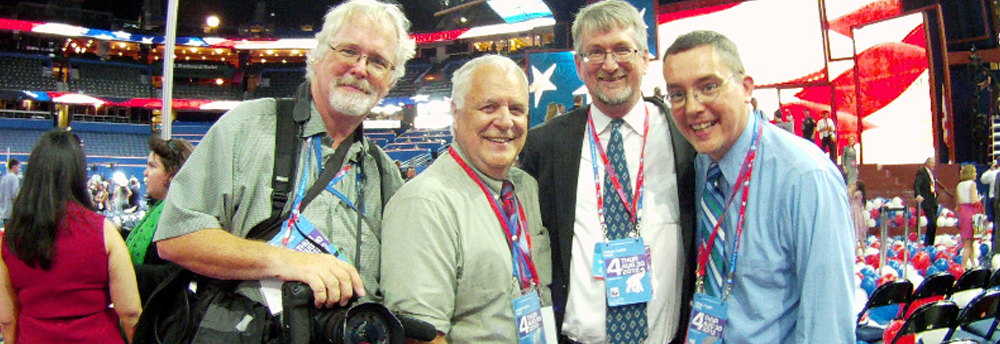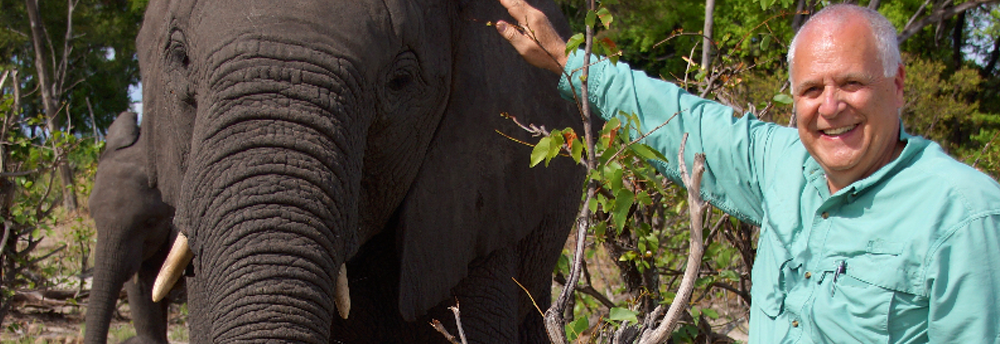ORLANDO — Looks like far-right radio is moribund and podcasts are the future. But can anyone make money with them? Yes. The National Association of Broadcasters held a (RAB/NAB) conference here to explore that, among other topics.
Used to be the far-right radio types were entertaining, funny. They have become ugly and tasteless and misleading and the place for those who want to believe there is a conspiracy under every rock. Hate-mongers. Propaganda-pushers. Millennials (born between 1982-2004, about 100 million total) shall inherit the country some day, and just aren’t interested. They see aging Baby Boomers as the problem and white Evangelicals as an extension of right-wing politics.
Podcasting has been around longer than you think, stretching back to around 2000. In 2005, Apple added podcasting to its iTunes 4.9 music software and started building a directory of podcasts at its iTunes Music Store. The new iTunes could subscribe to, download and organize podcasts, Apple also promoted creation of podcasts using its Garage Band and Quick Time software.
Podcasts grew ever since as have the many ways to get them — on your cell, your speaker device such as Alexa, and in cars which are connecting to the Internet. There are estimated 550,000 podcasts. The Millennials listen to less radio than their parents and grandparents did. It keeps them connected to their varied interests. Forbes reported that an estimated 42 percent of those 18-34 listen to podcasts at least once a week. Theirs is a on-demand culture and podcasts fit right in.
Broadcasters assumed Millennials want only music and they were wrong. They like fiction too. And a deeper dive into the news. They can multitask. Legacy news outfits are jumping in and so are large corporations marketing products. Therein lies a problem: lots of choices, so little time. A woman here told me, “I already subscribe to more than I can handle and more come out every day.”
The bigger problem is how to make money with it. Where there is an audience there is advertising, the biggest source of revenue. You can also get fans to help support you with donations. Like everything else, the bigger the audience the more you make. Businesses are expected to spend $500 million on podcasts ads by 2020. The people already in the public eye have the advantage. “Looking ahead I see more companies embrace podcasting because of the potential revenue opportunities,” the NAB’s Dennis Wharton told Jeff McKay of TALKERS Magazine.
Those not so famous or backed by big media companies with insight into a specific topic or penchant for creating reverting fiction can be winners too; it just takes longer and more luck.





Sorry, comments are closed for this post.